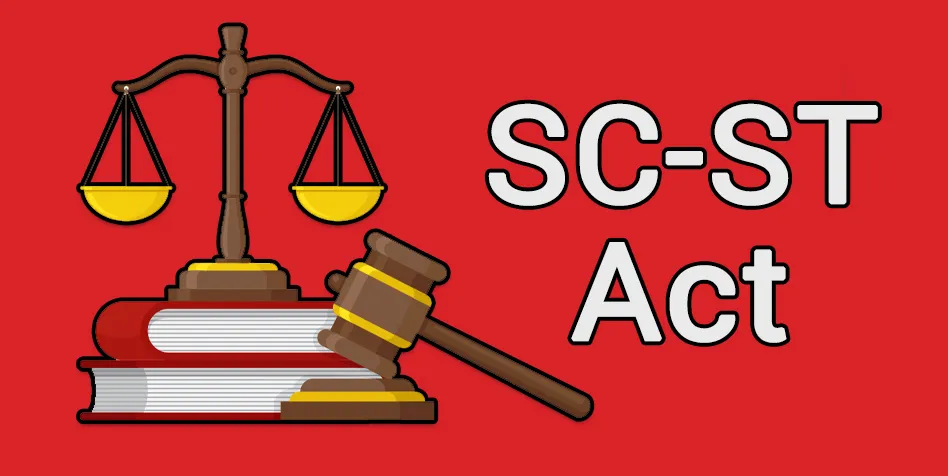A bench of Justices BV Nagarathna and Ujjal Bhuyan today concluded hearing the arguments of the petitioners who have challenged the early release of convicts in the Bilkis Bano case.
The Supreme Court on Thursday remarked that an accused in a criminal case has a constitutional right to be reintegrated into the society. [Bilkis Yakub Rasool v. Union of India and ors].
A bench of Justices BV Nagarathna and Ujjal Bhuyan made the observation in view of provisions in the Constitution of India that empower the President and Governors to pardon and allow remission of criminal punishments.
The Court was hearing a batch of pleas challenging the decision of the Gujarat government to grant remission to 11 convicts who had gang-raped Bilkis Bano and murdered her family members during the 2002 Gujarat riots.
Some of these PILs were filed by third parties, who argued today that the right to file remission applications was a statutory one and such pleas should be considered in accordance with law and the facts of each case.
To this Justice Nagarathna remarked,
“Reintegration of an accused into society is also a constitutional right, if you see. Remission is mentioned in 161, 72 (Articles of the Constitution), apart from being a statutory right.“
Advocate Nizam Pasha, appearing for the National Federation of Indian Women (one of the petitioners), responded by saying that entertaining remission requests are part of an exercise of constitutional powers by the executive, not a right in itself.
Today was the fourth day of hearing in the case. The petitioners concluded their arguments today.
The matter will be heard next on August 17 at 2 pm.
On August 8,, the Supreme Court had questioned how a writ petition under Article 32 filed by one of the convicts could have been entertained by the Supreme Court earlier when the Gujarat High Court had rejected the same relief.
Yesterday, the bench indicated that the question of whether it can entertain third party PILs in the case may hinge on whether the administrative policy governing their remission affects the public at large.
The hearing today began with the arguments of Senior Advocate Guru Krishna Kumar, who appeared for a convict.
Kumar contended that the matter should lie before the Gujarat High Court. Otherwise, the convicts would lose an avenue of appeal, he pointed out. The PILs are maintainable but should not be entertained for the same reason, he submitted.
Justice Bhuyan then pointed out that the convicts in the case had also filed petitions directly before the Supreme Court.
“Appeal is a statutory remedy not an inherent right. Here, there is no question of statute in a (Article) 32 (petition),” Justice Nagarathna added.
Advocate Aparna Bhat, appearing for CPI(M) leader, Subhashini Ali (one of the petitioners), pointed out that some of the petitioners approached the Court before Bano had to, in view of the trauma she may have undergone after the convicts were released.
There are other cases as well where it is public-spirited individuals and civil society organisations who are before courts, Bhat added.
Senior Advocate Indira Jaising, appearing for Trinamool Congress (TMC) leader Mahua Moitra, said that the Member of Parliament was a public-spirited person fulfilling her fundamental duties.
“Post their release, her Article 21 etc. rights are also affected. The State was obliged to keep in mind constitutional morality apart from its remission policy. There is a silence in the policy as to kind of offence. Therefore, it is not a policy at all. It only says who to consult“, Jaising argued.
She pointed out that all adverse opinions were ignored in allowing the premature release of the convicts.
Advocate Vrindra Grover appeared for former IPS officer, Meeran Chadha Borwankar, former IFS officer, Madhu Bhadhuri and the head of the Association for Democratic Reforms (ADR), Jagdeep Chhokar.
Grover argued that the remission had an effect of aggravating impunity and denying rights.
“This Court will also have to adjudicate upon the larger issue of whether the basis of such orders should be publicly disclosed,” Grover submitted.
Pertinently, Grover pointed out that none of the convicts had paid the fine amount against their sentence in each of the offences, which was around ₹2,000 per accused per offence. Further, the same should have added years to their sentence, but this was not the case.
“No one paid. Does not that show lack of remorse? This was not at all considered. Entire remission is ex-facie illegal. If the State let them out before payment of fine, it is in violation of a judicial burden,” Grover asserted.
The bench then asked how a default sentence in the case of a life sentence would be computed.
“If they are being considered for remission after fourteen years with fines not being paid, their eligibility goes, as per judgments. They chose not to pay fine that was compensation for a hate crime victim. The fine has to be commensurate with the crime, which they still did not pay. Here there are multiple gangrapes committed. Arbitrariness is writ large over the (remission) order. They have ignored the reports inconvenient to them,” Grover said, in reply.



